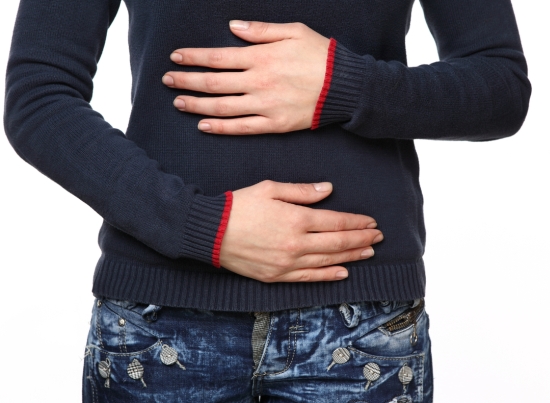Uterine fibroids are small tumors that grow in the womb. They are not cancerous and are often growths of the muscles in the uterus. They do not need to grow within the area; there are many that just attach to the uterus and then grow and develop from there.
Some will just stay as one while others grow into more tumors in a small area. While they are benign, it is important to know the uterine fibroids symptoms so you can find out whether they are dangerous.
When do uterine fibroids grow?
Around 50 percent of someone will have some of these growths appear during life and it usually means having a hysterectomy to be able to remove them. However, there are now other treatments for uterine fibroids that can be used to treat them.
They usually start in the muscles around the uterus but not all will develop the walls – there are many that will attach to the wall afterwards. There is no reason for a woman to develop them but they are usually found in families and usually in those with African descent.
They usually form due to estrogen in the body, which is natural and occurs predominantly during the ovulation and menstrual period.
Women around the age of 20 are more at risk of developing them while those going through menopause are less at risk, due to the lower amounts of the hormone being produced.
There are a number of reasons why women will experience uterine fibroids symptoms. The most common cause is due to being overweight. This is because there is more estrogen in the body. Another reason is due to getting periods before the age of 10, since, again, there is more estrogen in the body. And finally, those who have never had a baby are likely to find them.
The uterine fibroids symptoms
Most of the time, a woman will not experience any symptoms of the fibroids and they are usually found when a pelvic exam is done. The good news is that most of the time they will cause no problem, which is why there are no symptoms. However, there are some that will experience some type of uterine fibroids symptoms.
The most common is vaginal bleeding, which is not usually around the time of the menstrual period or the bleeding is heavier and with clots. If the fibroids put pressure on the bladder, then there will also be the constant need to pee, or pressure on the rectum often causes constipation.
There are some people who will feel pain from the fibroids, or will just have a dull ache and the feeling of being full. And bloating can happen due to the growth of the fibroids; most women notice this by going up one size in clothing with no weight gain.
For those who are trying for a baby, there are chances that they will affect fertility. This is usually an issue when the couple has been trying for a baby for a year; there will be numerous tests undertaken and one is a pelvic exam which will see the growths.





